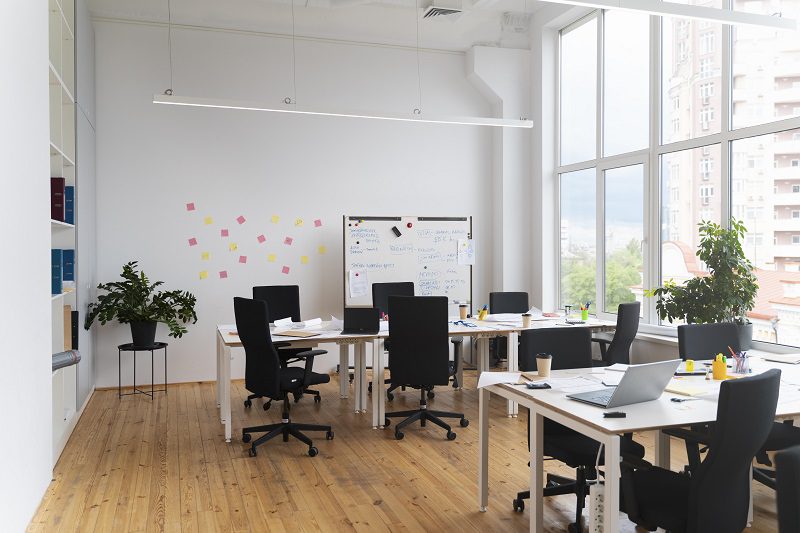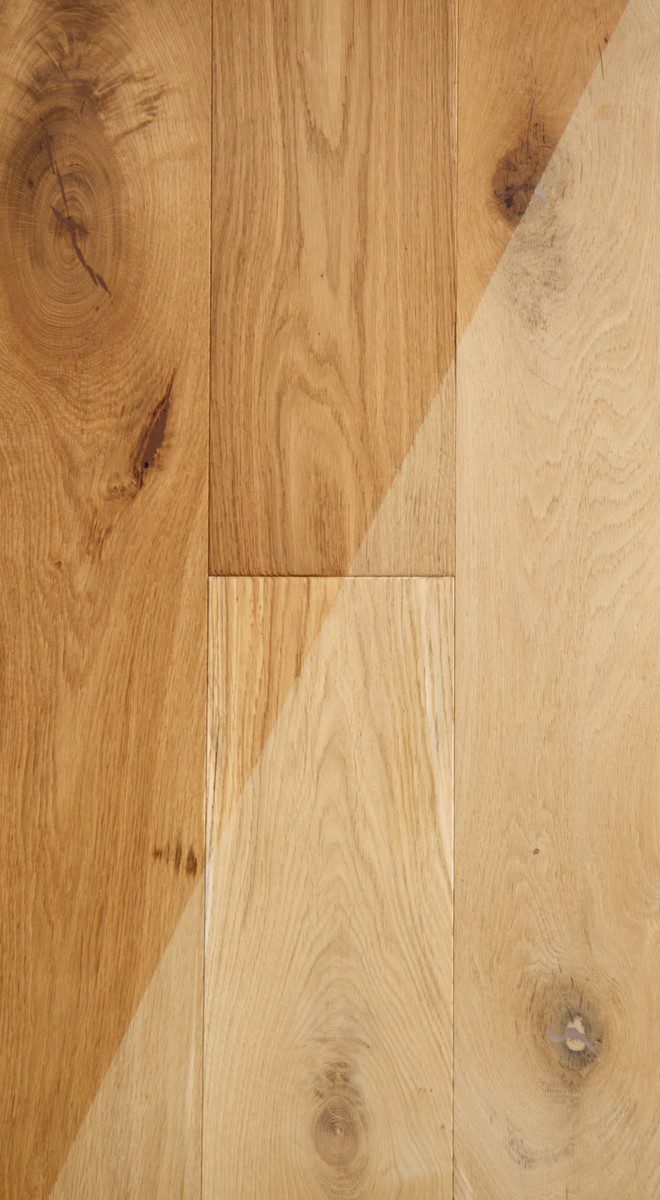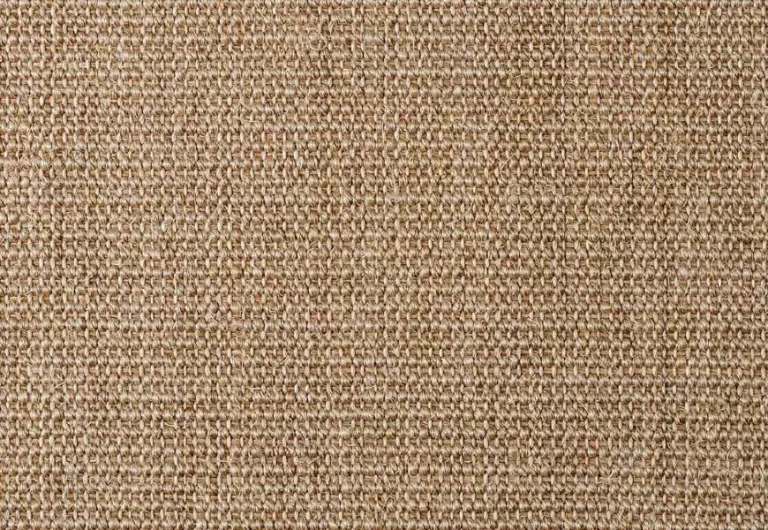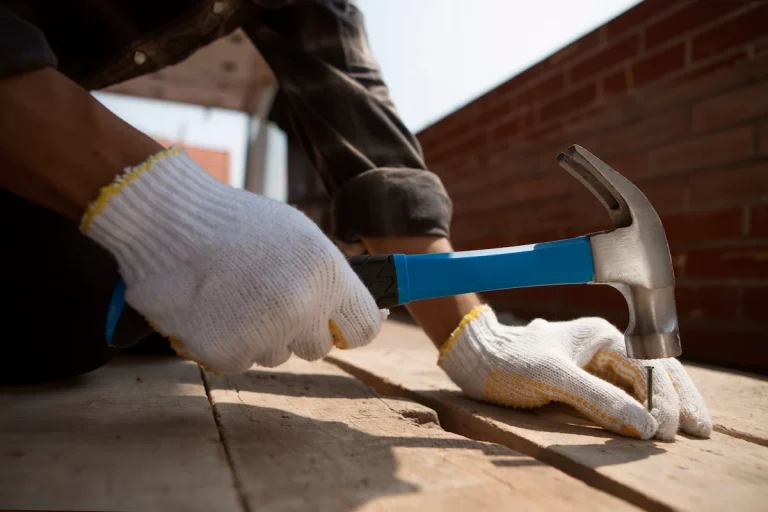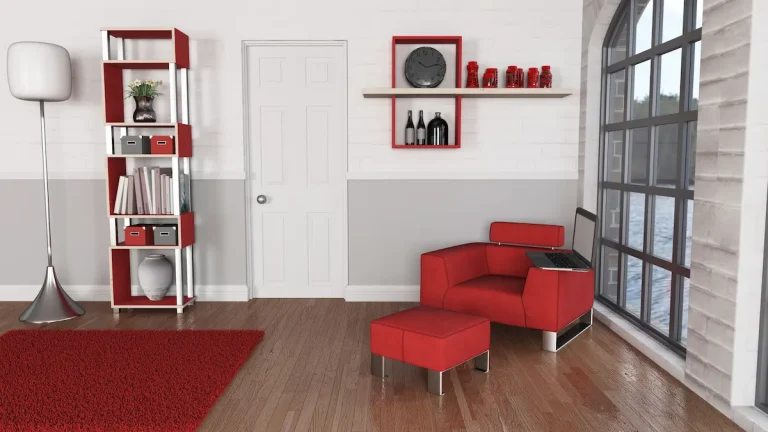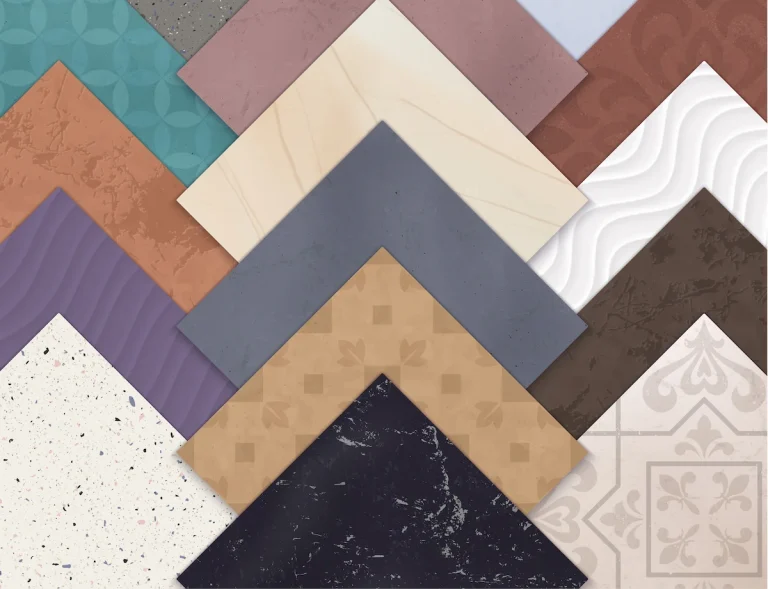When designing an office space, one must consider various factors, with flooring being a crucial element. Factors to keep in mind include durability, aesthetics, maintenance, and cost when selecting the best flooring for an office.
We will explore different flooring materials for office, like carpet tiles, hardwood flooring, vinyl flooring, laminate flooring, ceramic tiles, and concrete flooring. Additionally, we will discuss the best flooring options for traditional office spaces, creative and collaborative spaces, high-traffic areas, and home offices.
By the end of this article, you will gain a better understanding of how to choose the best flooring for your office space.
Factors to Consider when Choosing the Best Flooring for Office
Selecting the best office flooring involves considering several essential factors that can impact the overall functionality and aesthetics of the space.
One crucial aspect to take into account is the durability of the office flooring materials. Office floors are subjected to constant foot traffic, moving furniture, and sometimes even equipment, so opting for a sturdy and long-lasting option can save you from frequent repairs and replacements.
Certain materials like luxury vinyl and laminate offer excellent durability while requiring minimal maintenance. Easy-to-clean surfaces reduce the time and effort needed for upkeep, allowing your office floors to maintain a professional look consistently.
The choice of flooring should also be influenced by the climate in your region. Materials like porcelain tile or concrete can withstand extreme temperatures and moisture levels, making them suitable for varied climates.
a. Aesthetics
The aesthetics of office flooring play a crucial role in creating a professional and welcoming environment for employees and visitors alike.
b. Maintenance and Cleaning
Effective maintenance and cleaning routines are essential for maintaining the quality and durability of office floor materials.
c. Noise Reduction
In office environments, noise reduction through effective sound insulation measures can significantly impact employee productivity and comfort levels.
d. Cost
When selecting office flooring, balancing cost considerations with the desire for eco-friendly options can lead to sustainable and budget-friendly choices.
Best Flooring for Office Recommendation
Office flooring options encompass a variety of materials such as carpet, laminate, vinyl, engineered wood, and porcelain tiles, each offering unique characteristics and benefits.
1. Carpet Flooring
One of the office flooring types is carpet flooring. This type of flooring provides warmth and comfort, making it ideal for offices where a cosy atmosphere is desired.
Carpet flooring is a soft floor covering made from woven or tufted fibres, such as wool, nylon, or polyester, installed wall-to-wall or as rugs for comfort and aesthetics.
Advantage:
Carpet flooring provides excellent insulation, helping to retain heat in colder months. It also absorbs sound, reducing noise levels, and offers a soft, comfortable surface for walking and sitting.
See product: Abingdon Caress Ebony
2. Engineered Wood Flooring
Wooden flooring for home offices combines the natural beauty of wood with enhanced durability.
Engineered wood flooring is a multi-layered flooring material made from a real hardwood veneer on top of a core of high-density fibreboard (HDF) or plywood. It combines the aesthetic appeal of solid wood with enhanced stability and durability.
Engineered wood flooring is a multi-layered flooring material made from a real hardwood veneer on top of a core of high-density fibreboard (HDF) or plywood. It combines the aesthetic appeal of solid wood with enhanced stability and durability.
See product: Quickstep Hardwood Palazzo Sunset Oak Extra Matt
3. Laminate Flooring
Laminate flooring boasts easy maintenance and scratch-resistant properties, suitable for high-traffic areas.
Laminate flooring is a synthetic, multi-layered flooring material that mimics the look of natural wood, stone, or tile. It consists of a high-density fibreboard (HDF) core, a photographic layer for design, and a protective wear layer for durability.
Advantage:
Laminate flooring is highly durable, scratch-resistant, and easy to clean. It is quick to install, often featuring a click-lock system, and does not require nails or glue. Additionally, it is resistant to moisture and fading, making it a low-maintenance flooring option.
See product: Elka 8mm V-Groove Walnut Oak
4. Vinyl Flooring
Vinyl flooring, known for its water resistance, is perfect for areas with high humidity levels.
Vinyl flooring is a synthetic flooring material made from multiple layers of PVC (polyvinyl chloride) for durability, flexibility, and water resistance. It comes in various forms, including sheets, tiles, and planks, often designed to mimic wood, stone, or ceramic.
Advantage:
Vinyl flooring is highly water-resistant, making it ideal for moisture-prone areas. It is easy to clean, comfortable underfoot, and provides excellent durability against scratches and stains. Additionally, it is simple to install, with many options featuring a peel-and-stick or click-lock system.
See product: Amor Figueira Da Foz
5. Ceramic Flooring
Ceramic flooring consists of tiles made from natural clay that are shaped, glazed, and fired at high temperatures. These tiles are durable, water-resistant, and available in various colours, patterns, and textures.
Advantage:
Ceramic flooring is highly durable, scratch-resistant, and water-resistant, making it suitable for both residential and commercial use. It is easy to clean, does not retain allergens, and comes in a wide range of styles to match different interior designs.
See product: Abingdon Twist Fleece Ceramic
5. Concrete Flooring
Modern, industrial look with high durability and low maintenance needs.
Concrete flooring is a durable and solid surface made from a mixture of cement, water, and aggregates. It can be polished, stained, or textured for aesthetic appeal and is widely used in both industrial and residential settings.
Advantage:
Concrete flooring is extremely durable, resistant to wear and moisture, and requires minimal maintenance. It is energy-efficient, retaining heat in winter and staying cool in summer, making it a cost-effective flooring option.
See product: Invictus Maximus Stone Urban Loft – Concrete
Best Flooring Options for Different Types of Offices
Selecting the flooring types for offices involves tailoring choices to meet the specific requirements of traditional spaces, creative environments, or high-traffic areas.
For traditional office layouts, durability and a formal aesthetic are key considerations. Bamboo flooring emerges as an excellent choice, offering a classic look with robust construction that can withstand heavy furniture and regular foot traffic.
In contrast, creative workspaces that prioritise collaboration and innovation benefit from the unique charm and sustainability of cork flooring. Its sound-absorbing properties and eco-friendly nature contribute to a conducive atmosphere for creativity to flourish.
Areas with high foot traffic, such as corridors and reception zones, demand sturdy materials like vinyl or laminate that offer a balance of resilience and easy maintenance.
Conclusion: Choosing the Best Flooring for Office Space
Selecting the best flooring for office space, whether it’s a corporate setting or a cosy home office, involves weighing the factors discussed to create a functional and visually appealing work environment.
One primary aspect to keep in mind is achieving a balance between aesthetics and practicality. Wooden flooring often blends warmth and elegance, making it a popular choice for many office environments. Durability should not be overlooked, as high-traffic areas require sturdy materials to withstand daily wear and tear.
Cost considerations play a significant role in the decision-making process. While quality should not be compromised, exploring cost-effective options that meet both budget constraints and quality standards is essential. Maintenance requirements also vary based on the type of flooring selected, with some materials demanding more upkeep than others.
Choose TEKA Flooring for a seamless blend of affordability and sophistication. Visit our store now and transform your workspaces with the unparalleled durability and style TEKA flooring products bring. Make a wise investment in your space’s aesthetics and longevity with TEKA Flooring today!
Read Also:


























